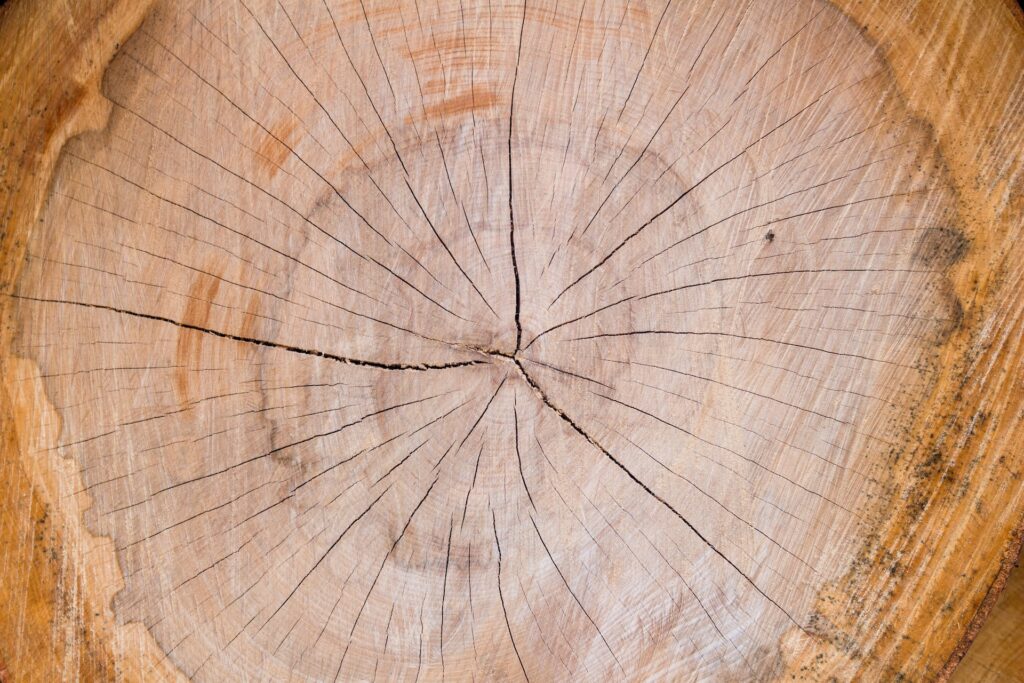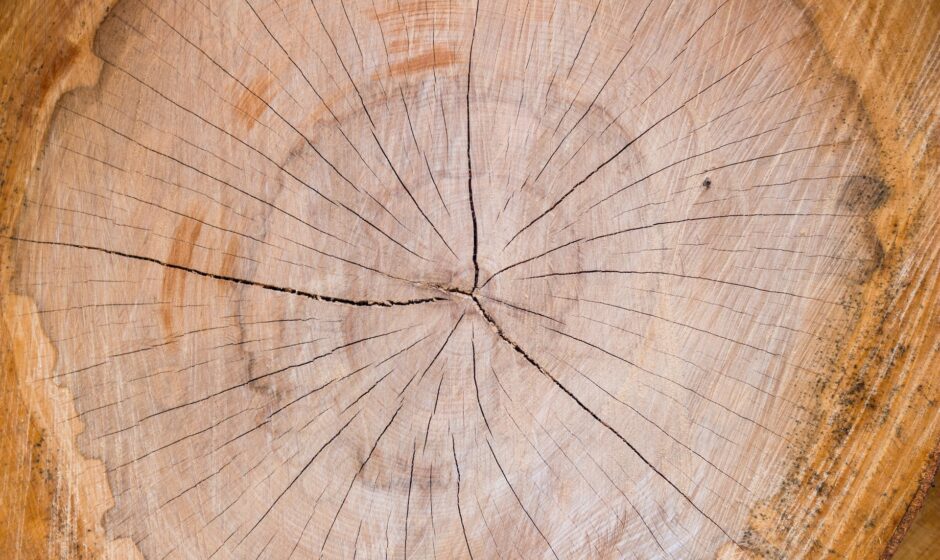In a groundbreaking development, researchers at the University of Cambridge have pioneered the world’s inaugural system for cultivating shipworms, transforming what was once deemed a marine pest into a prolific food source. Dubbed “Naked Clams,” these bivalves stand out as the fastest-growing globally, attaining a remarkable 30cm length within just six months by burrowing into waste wood and converting it into a rich source of highly nutritious protein.
Cambridge scientists not only succeeded in cultivating shipworms but also discovered that these Naked Clams boast elevated Vitamin B12 levels. Moreover, these marine wonders can be nourished with essential human nutrients like omega-3. Vitamin B12 levels in Naked Clams were found to surpass those in most other bivalves, nearly doubling the amounts found in blue mussels, according to the researchers. The introduction of an algae-based feed further enhances the Naked Clams with omega-3 polyunsaturated fatty acids, crucial for human health.
Unlocking Culinary Potential: “Tasting Like Oysters
Traditionally perceived as a nuisance for their wood-boring tendencies in seawater-immersed environments, shipworms have undergone a remarkable transformation. The researchers engineered a fully enclosed aquaculture system that offers complete control, addressing water quality and food safety concerns associated with traditional mussel and oyster farming. The modular design of the system facilitates its use in urban settings, extending its reach far beyond coastal areas.
Dr. David Willer, Henslow Research Fellow at the University of Cambridge’s Department of Zoology and the lead author of the report, enthused, “Naked Clams taste like oysters, they’re highly nutritious, and their production has a minimal impact on the environment.” The researchers utilize wood that would otherwise contribute to landfills or recycling processes to cultivate these Naked Clams, yielding a sustainable and environmentally friendly source of protein and essential nutrients like Vitamin B12.
This innovative Naked Clam aquaculture represents a paradigm shift in the utilization of wood resources for food production, presenting a low-impact solution that could revolutionize the future of sustainable aquaculture.


